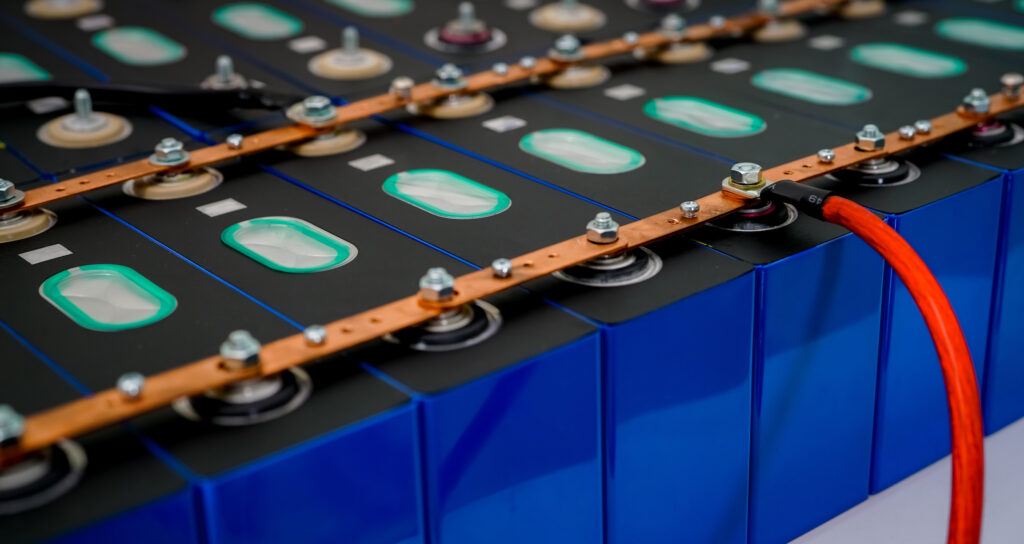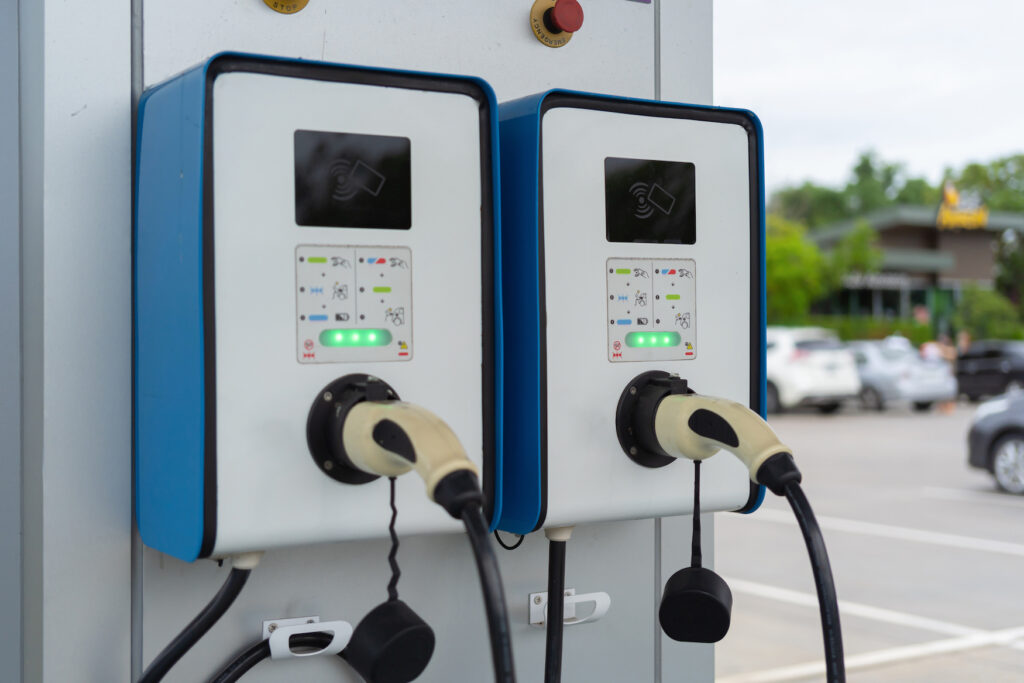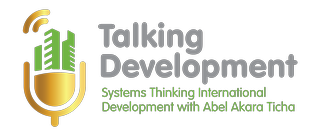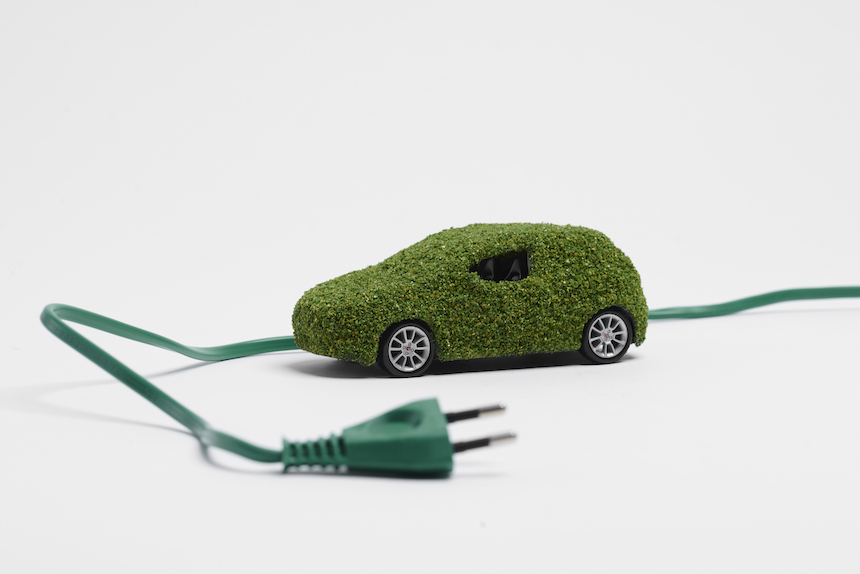By Abel Akara Ticha
Africa’s natural capital puts it in pole position to drive carbon neutral development. But there’s a time-bound catch, and it must rush to cash-in on a global battery electric vehicle (BEV) industry, ballooning towards $8.8 trillion by 2025. Below are 10 reasons to get cracking.
1) Beneficiating the DRC’s gargantuan reserves of battery minerals is an easy entry point to leapfrog dirty stages of development. The BEV industry would green-up transport systems which account for ¼ of global carbon emissions. DRC supplies 70% of global cobalt for BEV batteries, holding 25 million tonnes of the mineral. Meanwhile, a recent study by AVZ Minerals has revealed the DRC would become the world’s top lithium producer too, with 400 million tonnes already traced, dwarfing the counts in Australia and Chile.
2) It’s cheaper to produce BEV battery components in Africa than elsewhere. A study commissioned by UN ECA, Afreximbank, AfDB/ALSF, AFC, and BADEA in 2021, showed that erecting a 10,000 metric-tonne BEV battery cathode plant in DRC would cost just $39million, compared with $120million in USA, $112million in China and $65million in Poland (top battery elements’ producers). Capitalising on this is a no-brainer for Africa’s green development.

3) Africa must hurry to avoid the stranded minerals trap. Industrialised countries are pumping money into green hydrogen research, to escape the purchase of cobalt for clean transport energy. Germany is splashing out €9bn therein till 2030. The US Department of Energy has sponsored a University of California, Irvine-led research to circumvent the use of cobalt in BEV. This calls for DRC and Zambia to speed up knowledge production at the Centre of Excellence for Advanced Battery Research in Lubumbashi.
4) The world’s current brown energy crisis is an opportunity to ramp up BEV efforts. Clean Technica has reported that electric vehicle sales expanded by 62% in the first half of 2022. With this thirst for EVs, now is the time for Africa, via DRC, to step up its game at battery production.
5) Africa’s industry captains have the capital and experience for BEV. Of 18 African dollar billionaires listed by Forbes in 2022, 8 are experienced in extractive sectors. One of them, Nassef Sawiris of Egypt, is venturing into green hydrogen, meaning money and vision are handy. DRC should promptly bring them to the BEV investment table.
6) BEV batteries hold great promise for off-grid energy supply. Li-ion batteries are already serving as storage facilities for solar and wind energy. Vistra Corp’s 750MW/3,000MWh facility targeting over 1.2 million homes in California, attests to this. Yet, Africa holds 60% of the world’s solar radiation. DRC can network with Morocco (advanced in solar) and harness the vast potential of Chad and northern Cameroon as sources of solar energy for storage.

7) Opportunities for innovative financing (pension funds, commodity linked bonds and other natural capital account insurance), 8) the technicity of the African diaspora, 9) Africa’s growing automotive sector, and 10) the opportunities offered by the $3.4 trillion African Continental Free Trade Area, would blitz the BEV crusade.
For Africa to conquer the BEV market and foster its green development, speed is of the essence. And through its natural, human and innovative financial capital, the continent must make ‘haynergy’ while its sun shines!


Great to read @Abel
One hopes that Africa makes the move while there’s time to capitalize on it
Very many thanks, Mark!
We hope so.
You inspire me.
Brilliant!!!
Very many thanks, Palmer.
interesting news